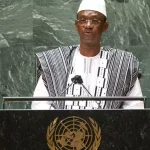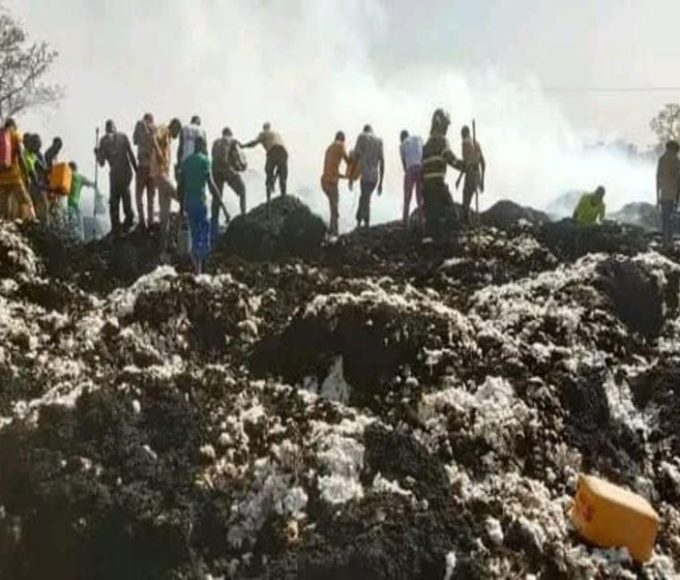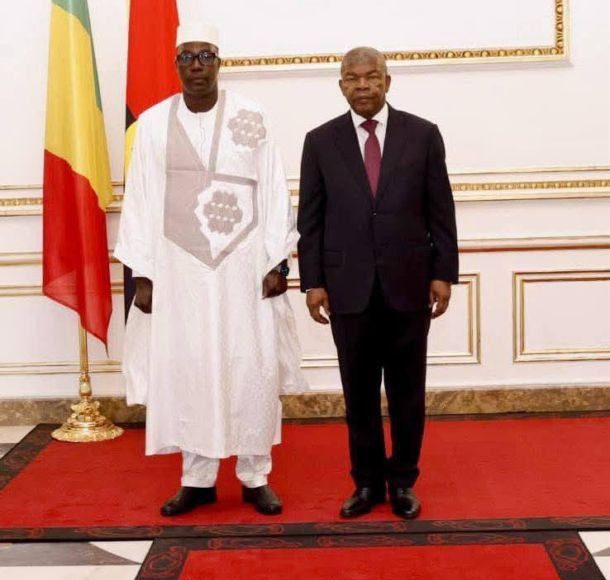
Is the West Hiding Behind the UAE to Grab Africa’s Land and Resources?

The United Arab Emirates (UAE) has positioned itself as a major investor in Africa, investing billions of dollars across agriculture, renewable energy, and real estate. While African governments often welcome these investments, these deals have caused controversy over human rights, environmental degradation, and national sovereignty.
In Tanzania, thousands of Maasai people were reportedly forced from their ancestral lands to make way for safari and hunting projects tied to UAE companies. In Liberia, a Dubai-based firm, Blue Carbon, now controls nearly 10 per cent of the country’s land for forest conservation and carbon credit schemes. This agreement, highlighted in a Memorandum of Understanding, gives Blue Carbon exclusive control over about 2.5 million acres of Liberian forest for 30 years. These projects, often labelled as green investments, prioritise foreign interests over the rights and livelihoods of local communities.
According to Mynewsdesk, Blue Carbon, owned by a member of the Dubai royal family, Sheikh Ahmed Dalmook Al Maktoum, has also signed similar agreements with other African nations, including Tanzania, Kenya, Zambia, Zimbabwe, the Bahamas, Nigeria, Papua New Guinea, Saint Lucia, Dominica, Comoros, and Pakistan. The combined area of these deals is significant, covering an area almost equal to the land mass of the United Kingdom.
There have been environmental concerns, as large-scale agriculture and forest projects threaten biodiversity, contribute to deforestation, and place added strain on water resources. Although the UAE promotes these initiatives as part of its global climate leadership, this may instead increase ecological pressure in Africa. Another critical issue is food security, since many of the UAE’s agricultural projects are geared towards export, potentially leading to shortages or higher prices for staple foods and increasing dependence on foreign-controlled food systems.
Dubai is an integral part of this whole system because it is a global hub for money and business, operating under very relaxed rules. Big Western law firms, banks, and wealth managers all have offices there, offering the same high-end services you would find in London or Geneva. Many of the experts are trained in Britain or Switzerland, so the quality is the same, but Dubai’s regulations are much looser.
That is, combining top-quality financial services with fewer rules to make it an ideal location for setting up complex deals that might not pass stricter checks in Western countries. That is why it is attractive for Western companies that want to invest in Africa without being too visible.
By working through Dubai, Western investors can control African land and resources while avoiding the bad publicity that often comes with direct foreign takeovers. The UAE’s role extends beyond business, as it also maintains military bases in Somalia, indicating that these financial flows are linked to broader political and strategic objectives.
Despite the scale of these investments, jobs created are often low-paying or offered to expatriates, and governments may see only a fraction of the projected economic returns. Many agreements are negotiated in secrecy, with little transparency or public accountability.
While UAE investments in Africa are often presented as mutually beneficial partnerships, the reality is more complex. From community displacement and food insecurity to environmental degradation and hidden Western involvement, these deals show a global network of financial and political interests that are reshaping Africa’s land and resources.
Read More:
- Mali’s Former Prime Minister Choguel Maïga Detained In Corruption Investigation
- AFRIMA 2025 Hits Historic 10,000+ Entries, Lagos Set to Host Grand Celebration
About The Author
4 Comments
Leave a Reply Cancel reply
Related Articles
Zimbabwe Rejects $350m US Health Deal Over Sovereignty Dispute
Zimbabwe has formally withdrawn from negotiations on a proposed $350 million health...
ByWest Africa WeeklyFebruary 25, 2026Niger’s President Outlines Vision for Strategic Partnership with China
Niger’s Head of State, General Abdourahmane Tiani, has articulated a renewed vision...
ByWest Africa WeeklyFebruary 25, 2026Fire Destroys 140 Tonnes of Cotton in Western Burkina Faso
A major fire has destroyed more than 140 tonnes of cotton in...
ByWest Africa WeeklyFebruary 25, 2026Mali’s New Ambassador to Angola Presents Credentials, Pledges Stronger Bilateral Ties
Diplomatic relations between Mali and Angola entered a new phase on February...
ByWest Africa WeeklyFebruary 25, 2026












This does not seem to concern African civil societies.
Blue Carbon has not acquired any land in Nigeria. Their engagement has taken the form of formal MoUs particularly with Niger State for afforestation and carbon sequestration projects, but not land purchase or control.
Our good Lord Jesus Christ did expose some of the corrupt schemes targeting poor countries around the world Africa inclusive. Extremely wealthy persons tied to their political interests are using their countries foreign offices and embassies to aggressively negotiate for cheap land and resources, and when I made mention of it I became a subject of state surveillance for some of these economies. God is now intentional and will expose these corrupt persons and their global entities.
Neo colonisation through the back door, hands of Esau voice of Jacob the worst of the contract are been implemented for the hawks perching. Why are African Countries signing Contracts individually when it’s involved like 10 or more countries on the Continent well massive corruption going under the table for gullible Government officials